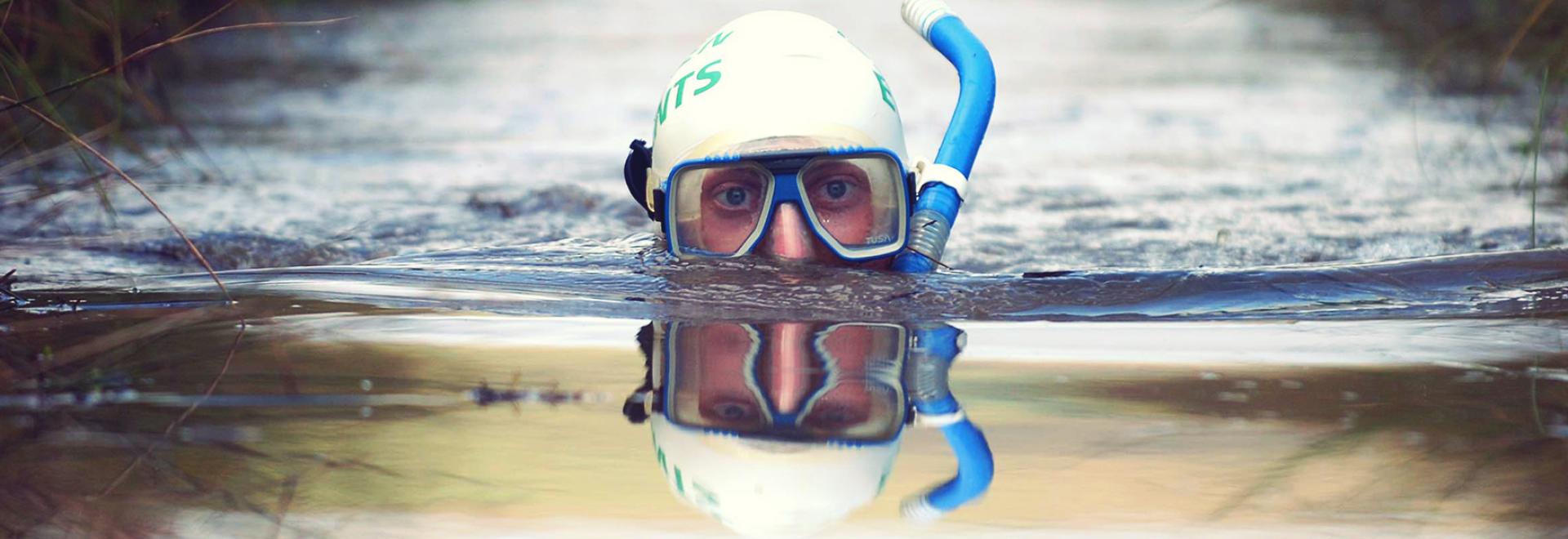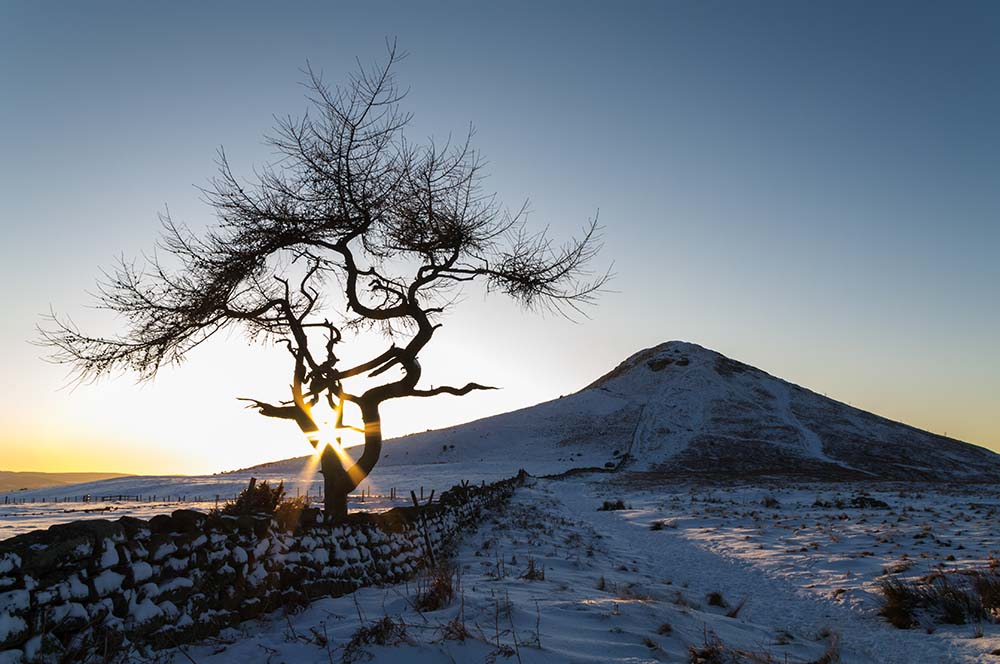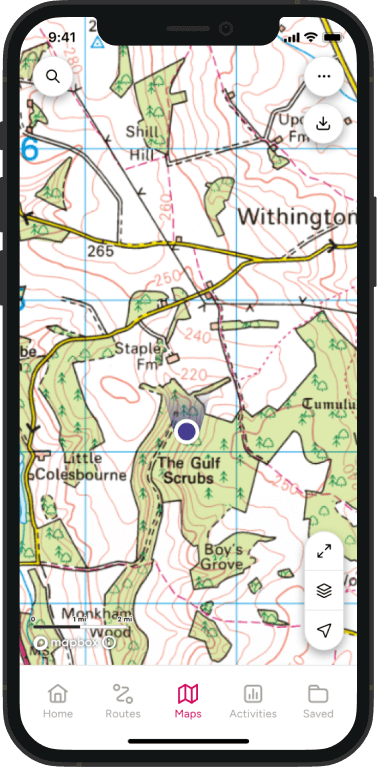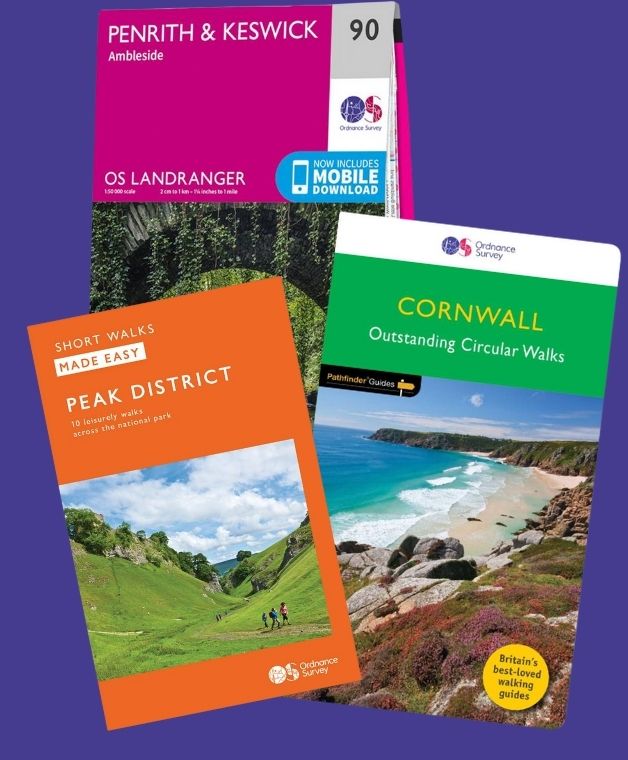When you consider the quintessential British summer, it probably involves garden parties, canapés and…bog snorkelling? Fancy trying something new this year?
No, you haven’t misread. Britain is home to some weird and wonderful sports over the summer months and offers some interesting alternatives to traditional summer sports and activities, like tennis and cricket.
1. Tin Bath Racing – Isle of Man
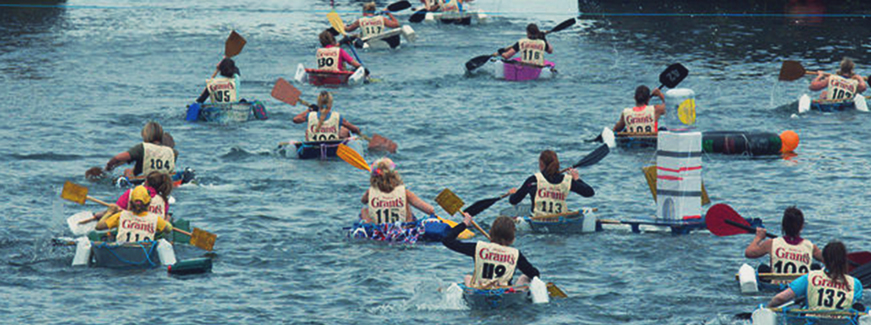
The annual World Tin Bath Championship was started in 1971. It takes place in Castletown Harbour with nearly a hundred competitors and thousands of spectators. Being the only race of its kind, the event draws eager tin bath racers from across the world into the cold harbour waters.
The winner is the first to finish the course or the one who covers the furthest distance without sinking.
2. Bog Snorkelling – Wales
The World Bog Snorkelling Championship, first held in 1985, takes place annually every August Bank Holiday at the dense Waen Rhydd peat bog, near Llanwrtyd Wells in mid Wales.
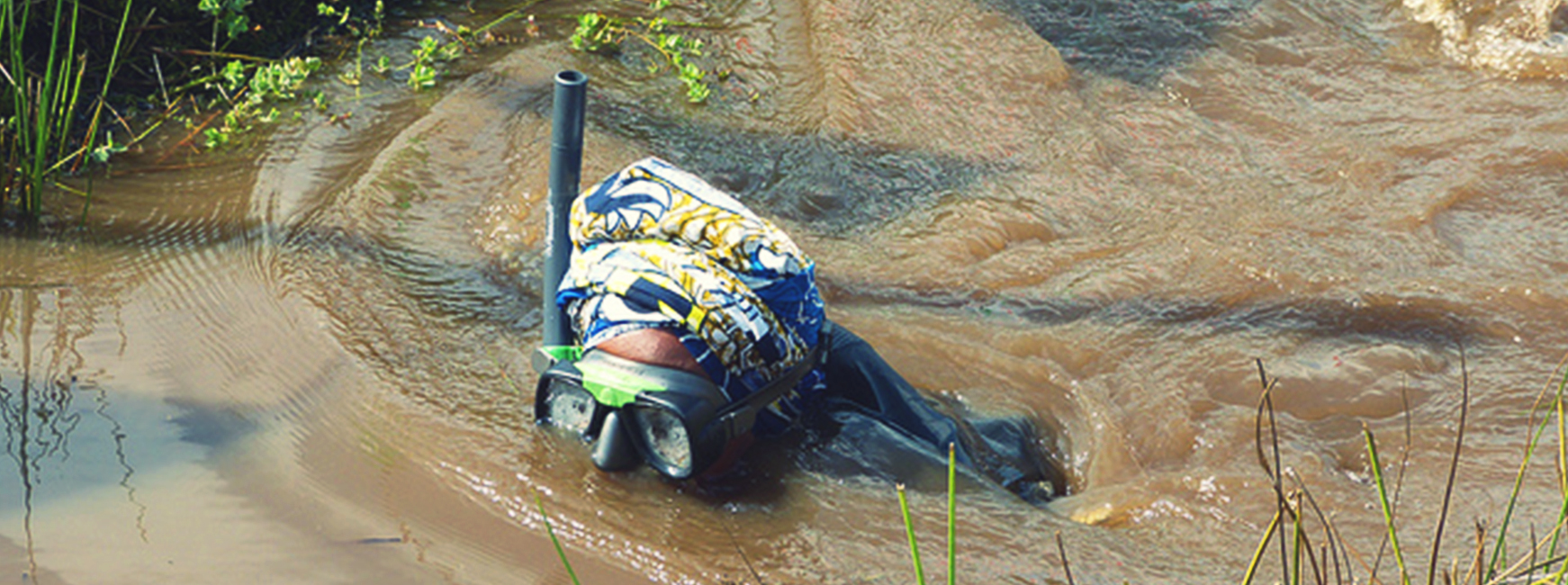
Participants with a range of fitness levels negotiate 120 yards of pitch-black, freezing cold, smelly water armed with a pair of flippers and a snorkel for survival. Wetsuits are permitted but the extremely foolhardy wear speedos or fancy dress. Under the rules of bog snorkelling you are not allowed to use a recognised swimming stroke; but it is conventional to kick wildly with your feet, scream into your snorkel and hope for the best.
Think that this sounds too easy? Try participating on your mountain bike or in the Triathlon (120-yard swim, 19-mile bike, and a 7.5-mile run) to earn your bog credentials.
3. The World Snail Racing Championships – England
The annual “World Snail Racing Championships” started in Congham, Norfolk in the 1960s after founder Tom Elwes witnessed the event in France.
Snail races usually take place on a circular track with the snails starting in the middle and racing to the perimeter. The track usually takes the form of a damp cloth atop a table. The radius is traditionally set at 13 or 14 inches. Racing numbers are painted on the shells or small stickers or tags are placed on them to distinguish each competitor.
3. Cheese Rolling – England
From the top of Cooper’s Hill in Gloucestershire, a 9 lb round of Double Gloucester cheese is rolled, and competitors race down the hill to catch it. The first person over the finish line at the bottom of the hill wins the cheese. This isn’t as easy as it sounds as the cheese has been known to reach speeds of 70mph!
Check for the next cheese rolling event here!
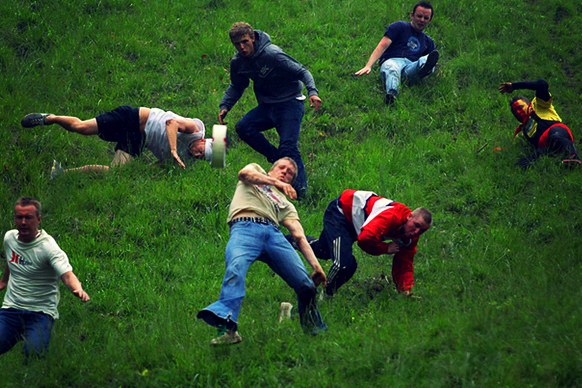
5. Caber Toss – Scotland
One of the most iconic images from the Highland Games, the aim of the competition is simply to toss the caber so that it turns end over end. The caber is usually made from a Larch tree and is typically 19 feet 6 inches (5.94 m) tall and weighs 175 pounds (79 kg).
Ideally it should fall directly away from the tosser in the “12 o’clock” position. The distance thrown is unimportant. In competition, tossers are normally allowed three attempts each at tossing the caber.
See this event for yourself when the Highland Games take place at Inverary Castle on Tuesday 21 July 2015.
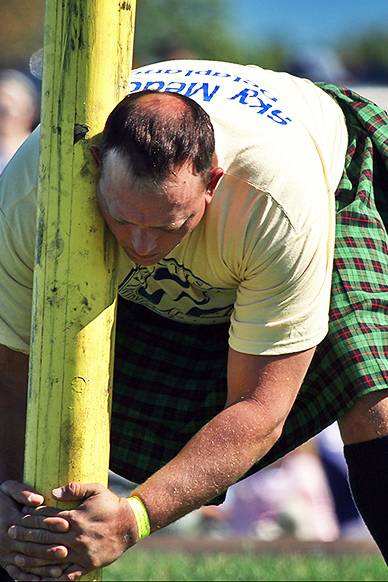
6. Welly-Wanging – England
Sometimes called the ‘welly toss’ or ‘welly throw, the principle of the game is very simple – all competitors have to do is wang (Yorkshire for throw) a Wellington boot as far as possible within the boundary lines. Competitors can throw their welly over-arm or underarm and from a standing or running start. The competition is an annual event held in Upperthong Village.
The rules are firm including no tampering with your wellies, especially by adding lubricants and polish. The standard welly is a green, size 9, non steel toe-cap but competitors can choose the left or right boot.
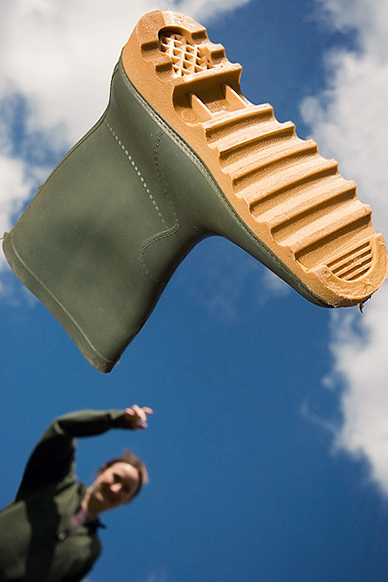
7. Dorset Knob Throwing – England
No sniggering at the back! This is definitely an event that will be open to interpretation. Despite the connotations of the name, the Dorset Knob is actually a hard, dry savoury biscuit typically eaten with cheese or soaked in sweet tea. Dorset Knobs were said to have been a favourite food of local author Thomas Hardy.
The rules of Knob throwing are simple. Competitors get provided with three knobs and have to throw them the furthest. Be careful of breakages!
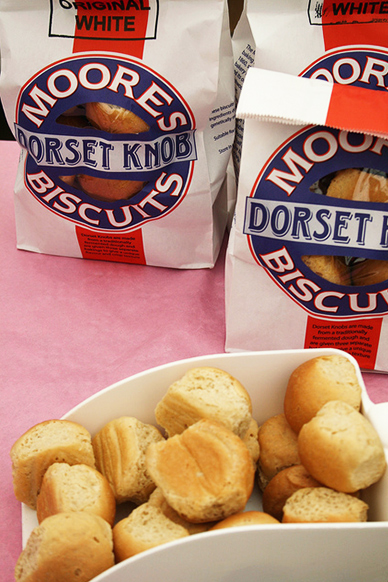
Have you ever taken part in any of these? Or, perhaps you’ve taken part in something else? Let us know via Twitter!
Image credits:
Tin Bath Racing: Wal1ace/Flickr
Cheese Rolling: Paul Townsend/Flickr
Bog Snorkeling: Matt Stewart/Flick (banner) & Thomas Kelly/Flickr
Welly Wanging: Mr Flibble/Flickr
Dorset Know Throwing: Norburton Hall/Flickr
